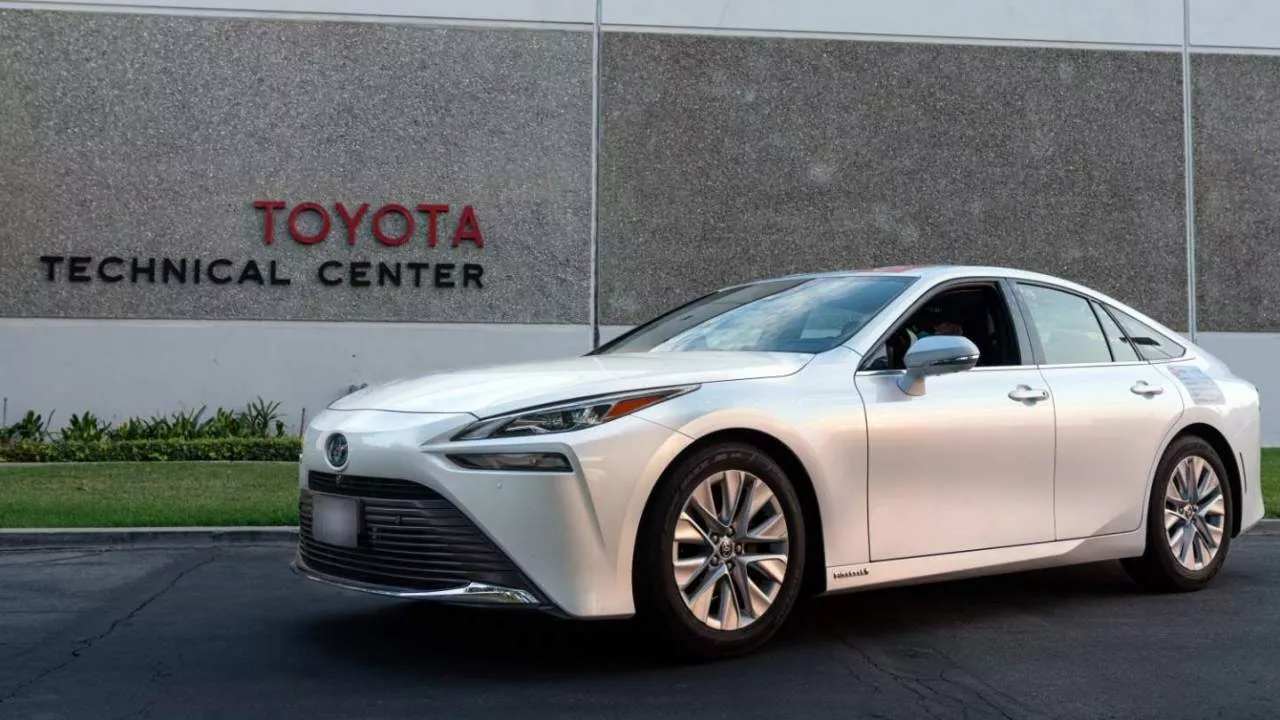As competition for the development of low emission and zero emission vehicles heats up, Toyota Motor (TM. US) Europe, Portuguese bus manufacturer caetanobus and Air Liquide signed an agreement for the development of transportation solutions based on hydrogen energy** These companies will cooperate in many areas related to hydrogen energy, including infrastructure construction related to distribution and refueling, low-carbon and renewable hydrogen production, and the application of hydrogen energy in a variety of vehicle models.

Toyota said in a statement on May 17 that this cooperation aims to "strengthen cooperation in hydrogen mobile travel projects in several European countries". At the initial stage of cooperation, it will first focus on the field of buses, light commercial vehicles and cars, and then further expand to the field of heavy trucks.
It is understood that as early as 1992, Toyota began to devote itself to the development of hydrogen fuel cell vehicles. The car's fuel tank mixed with oxygen produces hydrogen and then generates electricity. In 2014, Toyota launched the hydrogen fuel cell car Mirai. The company said the car "only discharges water from the exhaust pipe".
In addition to Mirai, Toyota also participated in the development of large hydrogen fuel cell vehicles, including buses called Sora and prototypes of several heavy trucks. In addition to fuel cells, Toyota is also considering using hydrogen fuel in internal combustion engines.

However, although the Japanese auto giant is trying to promote the use of hydrogen fuel in cars, and companies such as Hyundai and BMW are also paying attention to hydrogen fuel, other influential companies in the auto industry are skeptical about hydrogen fuel vehicles.
June 2020, Tesla CEO musk tweeted that "fuel cell = fool sales" and added in July that year: "fool sales of hydrogen fuel are meaningless."
February 2021, Germany Volkswagen Herbert diess, CEO of the group, is also on twitter "It's time for politicians to accept science. Steel, chemical industry and aviation all need green hydrogen, which should not appear in cars. The cost of producing hydrogen fuel is too high, inefficient and slow, and it is difficult to promote and transport. So the conclusion is: don't develop hydrogen fuel vehicles."
It is reported that many automobile companies manufacture zero emission and low emission electric vehicles to replace diesel and gasoline vehicles. The power comes from the fact that major economies are formulating plans to reduce the impact of road traffic on the environment.
In Europe, for example, the European Union has proposed to reduce carbon dioxide emissions from cars and trucks by 100% by 2035. On May 17, Ford Europe, Volvo cars and some other well-known enterprises signed a joint letter asking EU governments and the European Parliament to approve the EU proposal.